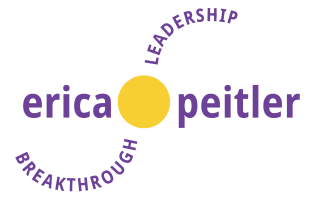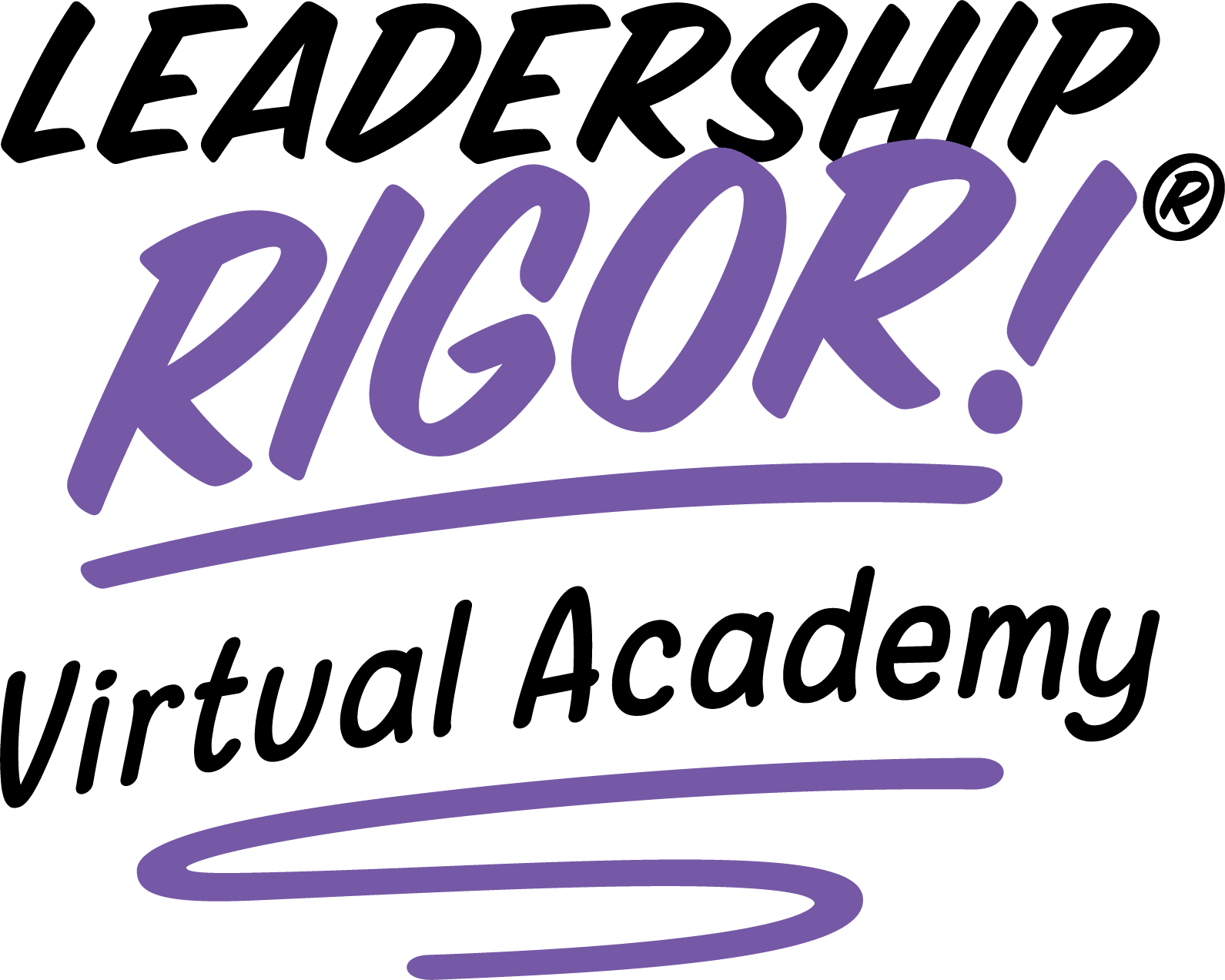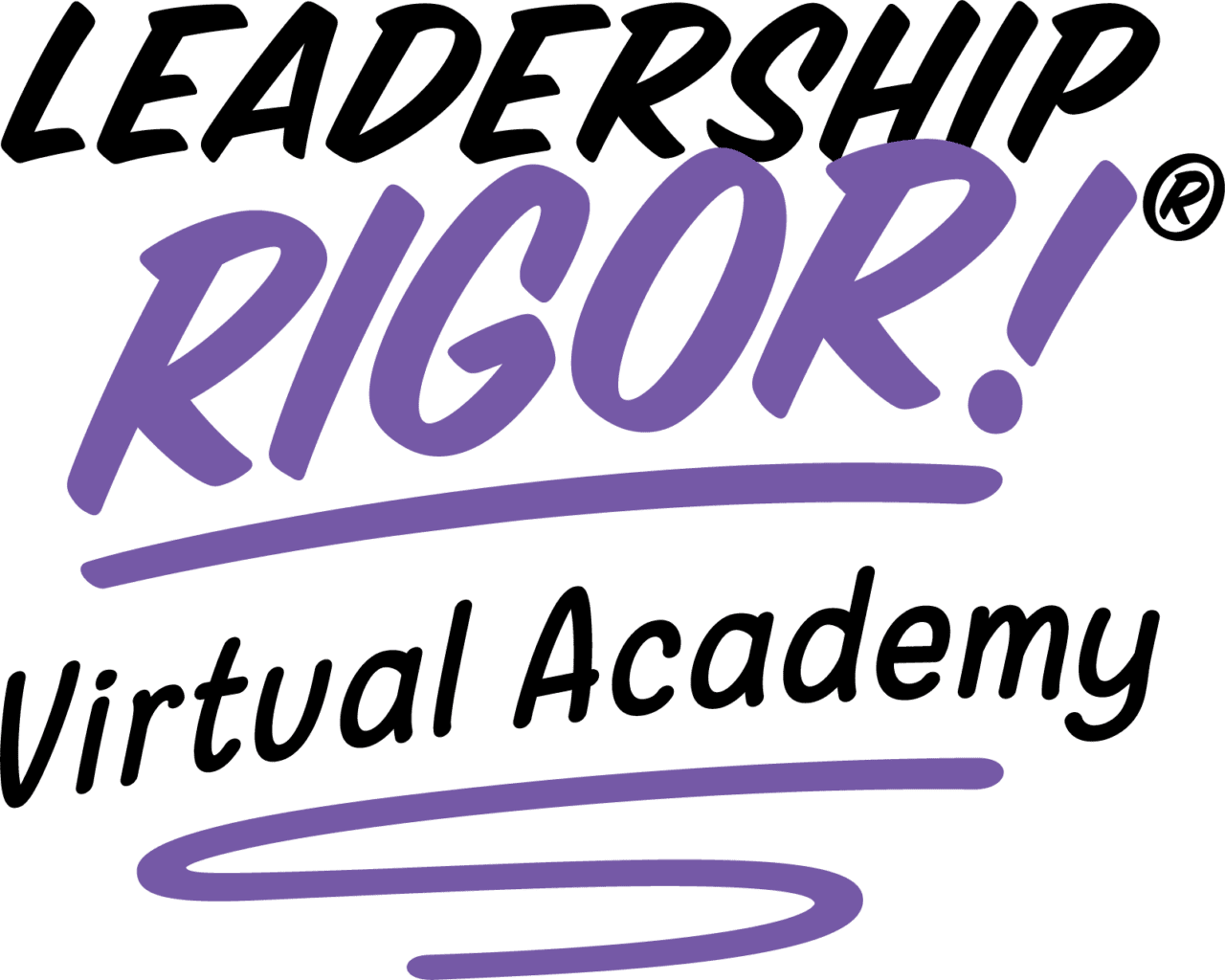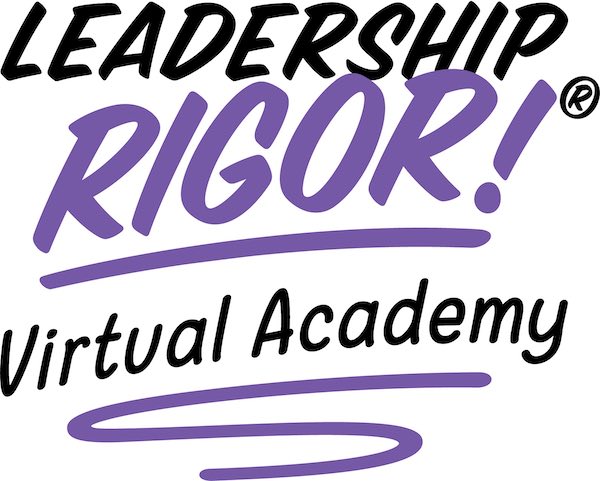

Corporate Leadership Training: Leading with Excellence
August 7, 2023

Leadership Skills Training for Professionals
August 30, 2023Mastering the 11 Core Leadership Skills for Business Success
Effective leadership is pivotal in driving organizational success in the dynamic landscape of modern business. The evolution of leadership theories and practices has made core leadership skills essential for navigating the complexities of the corporate world.
These skills facilitate efficient management and foster a thriving work environment that nurtures growth and innovation. Among the myriad skills leaders must cultivate, the eleven core leadership skills are indispensable cornerstones for achieving business success.
Communication and Relationship Building
Communication forms one of the cornerstones of any successful organization. Leaders must master the art of clear and empathetic communication, whether addressing their teams or interacting with stakeholders. Cultivating relationships based on trust and understanding enables leaders to inspire collaboration and align efforts toward common goals.
Emotional Intelligence
Emotional intelligence involves perceiving, understanding, and managing emotions in oneself and others. Leaders with high emotional intelligence can navigate challenging situations with empathy and sensitivity, creating a harmonious workplace that boosts productivity and employee satisfaction.
Self-Awareness
Leadership begins with self-awareness. Leaders who understand their strengths, weaknesses, and personal values can harness their potential effectively. Self-awareness fosters authenticity, allowing leaders to lead by example and encourage team openness.
Learning Agility and Adaptability
In rapidly changing business landscapes, leaders must exhibit learning agility and adaptability. Being open to new ideas, embracing change, and encouraging a culture of continuous learning ensures that teams remain resilient and responsive to evolving market dynamics.
Building a Culture of Trust
Trust is another cornerstone of solid leadership. Leaders who prioritize transparency, consistency, and accountability in their actions foster a culture of trust within their organizations. Such an environment empowers employees to take calculated risks and contribute wholeheartedly.
Resilience
Businesses often encounter setbacks and challenges. Resilient leaders maintain composure during adversity, motivating their teams to persevere. By displaying resilience, leaders demonstrate the importance of determination and inspire their teams to overcome obstacles.
Creativity and Innovation
Innovation drives growth and competitiveness. Encouraging creativity within teams by valuing diverse ideas and providing a safe space for experimentation stimulates innovative solutions—an environment where creativity flourishes, leading to novel approaches and breakthroughs.
Employee Motivation
Knowing what motivates employees can align their aspirations with organizational goals. Leaders enhance employee engagement and retention by recognizing individual achievements and providing growth opportunities.
Conflict Management
Conflicts are inevitable in any workplace. Influential leaders possess strong conflict resolution skills, facilitating constructive conversations and finding solutions that satisfy all parties involved. Skillful conflict management maintains a harmonious work environment and prevents issues from escalating.
Critical Thinking
Adapting to critical thinking is vital in the information age to analyze complex situations, evaluate data, and make informed decisions. Leaders foster a culture of sound judgment and problem-solving by encouraging their teams to think critically.
Negotiation and Decision Making
Negotiation is essential for leaders, whether dealing with clients, partners, or internal stakeholders. Effective negotiation and sound decision-making ensure leaders can strike optimal deals while aligning choices with the organization’s strategic direction.
Master Your Leadership Skills
Mastering the eleven core leadership skills is indispensable for business success. These skills create a synergy that transforms leaders into practical navigators of organizational growth.
Communication and relationship building lay the foundation for collaboration, while emotional intelligence and self-awareness foster a conducive work environment. Learning agility, adaptability, and resilience equip leaders to tackle challenges head-on, while the ability to build a culture of trust and motivate employees bolsters engagement and productivity.
Moreover, creativity and innovation drive the organization forward, and conflict management maintains a harmonious workplace. Critical thinking enables leaders to make informed decisions, and negotiation skills ensure strategic partnerships.
These skills collectively empower leaders to steer their organizations through the complexities of the modern business landscape.
Leaders who commit to sharpening these eleven core skills stand poised to guide their organizations toward enduring success. By embodying these skills in their actions and interactions, leaders inspire their teams to reach their full potential, foster innovation, and navigate the ever-evolving business world challenges.
Leadership skills require training to bring out the best in everyone. Like sports, they practice daily with coaches and trainers to ensure they fine-tune their trade; the same is true with leadership. For leaders to enhance and elevate to be the best, they must also undergo rigorous training. The good news is it’s now available online with the Leadership Rigor Virtual Academy.
Erica Peitler has developed a unique Virtual Leadership Academy that engages C-Suite executives to teach them how to be better leaders cascading to everyone in the organization. Now organizations can create better leaders throughout the company and increase their bench strength for future growth.
Find out more at: Leadership Rigor Virtual Academy
Contact Erica Peitler at 201-486-1099 or visit her on the web at: EricaPeitler.com










